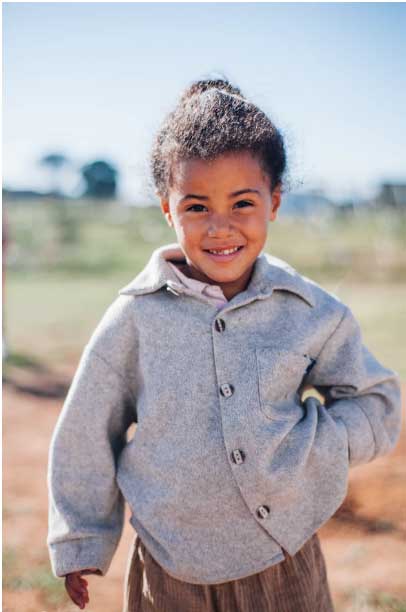Don’t let what you can’t do stop you from doing what you can do.
– John Wooden
I recall when I was very young, I stayed two nights in hospital for a tonsillectomy. I have never forgotten a nurse taking me to a bathroom and turning on the taps to fill the bath. As I stood in that small room watching the water pour from the faucets, the nurse told me to stand still while she went to get a towel. She closed the huge door and left me in that room by myself.
It occurred to me that she might be gone a long while and in the meantime, the water was thundering down loud and fast, filling the tub with steaming water. I became very afraid that it would fill and begin pouring over the sides of the tub, filling the floor and becoming higher and higher in this little room, with me floundering, unable to swim, and by the time the water reached the ceiling I’d be drowned.
I screamed to be let out, and another nurse popped her head in and told me to be quiet, then shut the door again. By the time my nurse returned, I was a sobbing heap on the floor. I had asked if she’d take me with her to get that towel and she’d refused and made in stay in that room by myself, instead of seeing my fear.
* * *
We may sometimes forget that a five-year-old has only been on this planet for five years.
As toddlers, they’re learning to talk at around two years old, and they’ve already picked up on so much. They can follow instructions, they’re learning to get what they want, they’re reading your every mood and glance, and through interactions they’re figuring life out. They’re learning at crazy rates in those first couple years. Things we take for granted, they’re witnessing for the first time: dogs wag their tails if they’re friendly, cars are fast so it’s a bad idea to wander onto the road, and when the sky gets dark, it means bedtime.
The next few years in their short lives, children are figuring out how things work, what the family’s weekly schedule is, what behaviours their kindergarten teachers find acceptable. They look to adults to approve their actions and to teach them what’s right and wrong.
For young children, feeling secure in their new world is important, and it’s crucial their parents and other caregivers can help with that. Kids tend to catastrophize, so things always appear worse than they are* (see link below). For example, if a small sinkhole appears in a road, causing construction crews to appear, they may fear that it’ll grow and make the whole town collapse. How would they know any different? It would help if an adult sat down and explained that the crew consists of experts who would test the whole area and have instruments that can scan the state of the surrounding land. That they know what they’re doing, and we’ll be fine.
So, let’s share our own experiences with children…describe what it was like when we were young: empathize, agree things can be difficult for them, and not disregard their emotions. Talking and sharing will build openness, and children will feel more comfortable confiding in us. And if they’re terrified about something, let’s take it seriously. Small children generally don’t know how to communicate their stress. After all, if that nurse had simply taken me to get the towel, or shut off the taps, I would not remember my terror in that bathroom all these years later.
* * *
Raising children is not easy even with the very best of intentions and education. But helping them feel loved and safe is worth it, in the long run, for their sakes and yours.
* Dr. Peter Szatmari, CAMH, February 4, 2014, The Globe and Mail (updated May, 2018)
